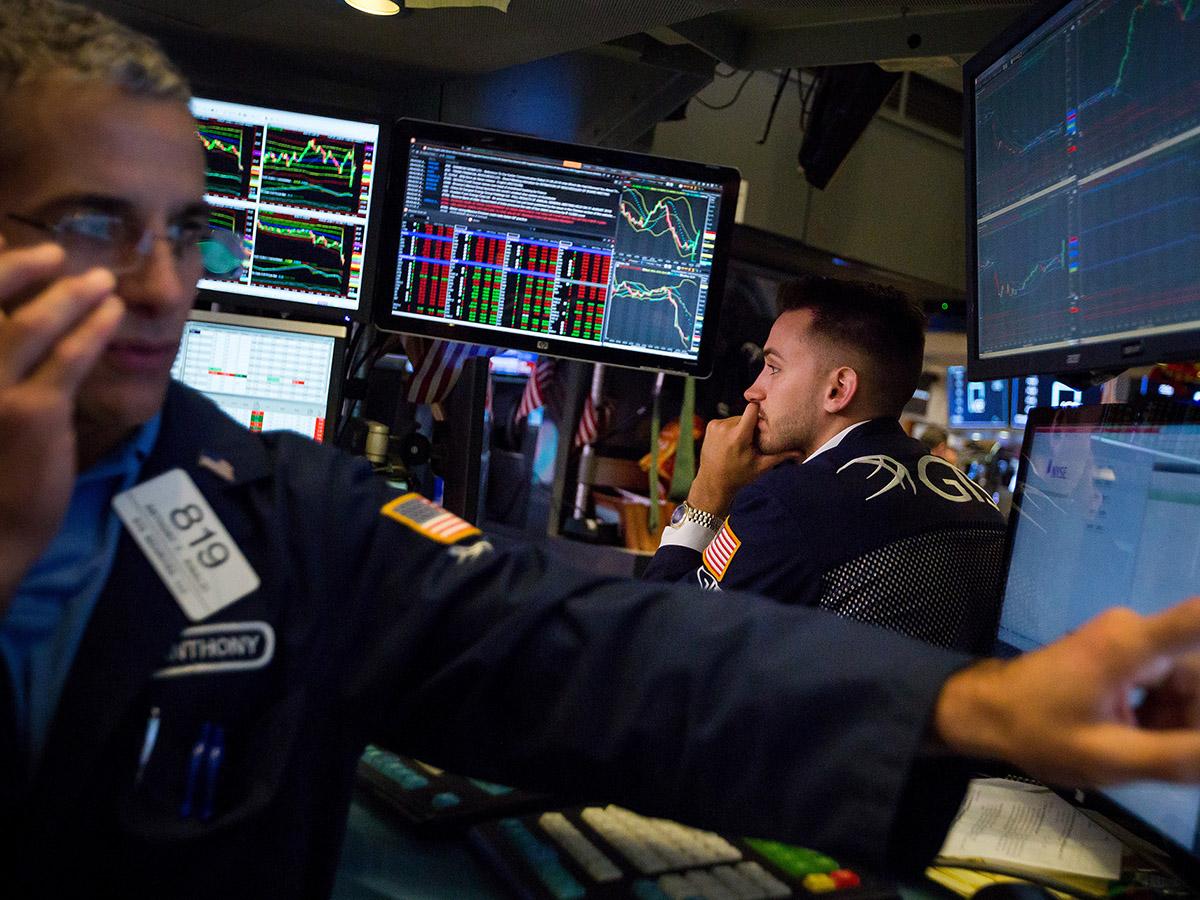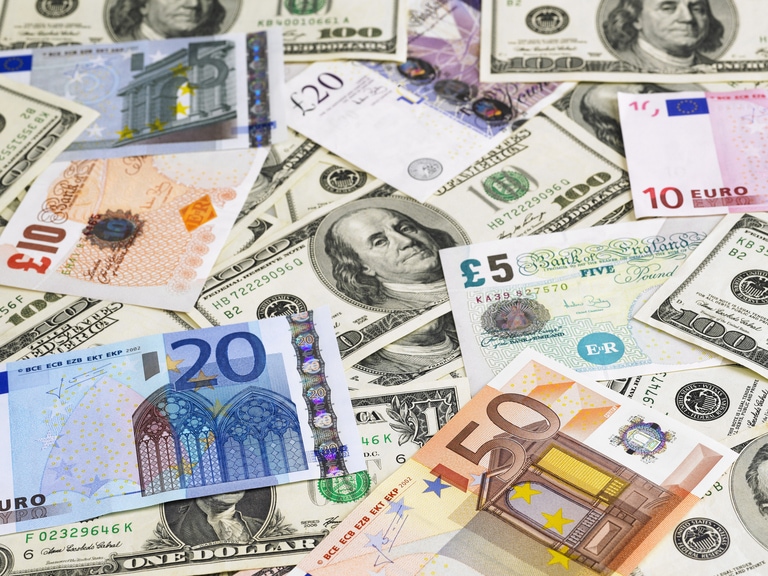US stocks bounced off session lows but finished lower on Thursday, with the S&P 500 posting the worst first-half performance since 1970. The US consumer spending sharply declined in May, suggesting that household spending has been heavily restrained by a surge in cost-of-living and the rapidly rising interest rates, which added to the recession fears. However, a drop in the bond yields and price falls of crude oil may offer a cushion to the selloff in stock markets since the inflation expectation is moderating.
Elsewhere, the Asian markets were lifted by China’s positive economic data, with CSI 300 jumping 1.44%. China’s manufacturing and service PMIs in June post better than expected figures, indicating a fast recovery of the second-largest economy from the multi-month covid-lockdowns. The Asian equity markets are set to start on a front foot, with major index futures pointing to a positive close.
AU and NZ day ahead
Both the Aussie and Kiwi dollar rebounded against the US dollar, to 0. 6904 and 0.6244 this morning. The commodity currencies rose on the China optimism, while the greenback fell amid a slip in the US bond yields.
The S&P/ASX 200 is set to open higher as indicated by the SPI futures, up 0.2% overnight. The benchmark index dropped 2% on Wednesday, with all the 11 sectors in red. The local equity markets were badly hit by the economic uncertainties and the global headwinds. But it is expected the selloff may get a respite amid signs of recovery in the bond market liquidity.
The S&P/NZX 50 fell 0.20% in the first half hour of trading. Air New Zealand has been outperforming amid China’s easing quarantine time this week, and the energy stocks are also showing upside momentum.
US
The Dow Jones Industrial Average fell 0.8%, S&P 500 was down 0.87%, and Nasdaq declined 1.33%.
The energy stocks lost the most as oil prices fell amid recession fears. The growth sectors were all lower, with Apple, Amazon, Alphabet, Microsoft, Meta Platforms, and Tesla Motors all down by between 1-2%.
On the economic front, the US core PCE data for May, excluding food and energy, moderated to 4.7% from 4.9% the prior month. But the consumer spending rose 0.2% at a sluggish pace, with the inflation-adjusted spending down 0.4% from the prior month. The April figure has also been revised down to 0.6% from 0.9% previously. The Chicago PMI fell to 56.0, short of the estimate at 0.4%. The jobless claims fell 2000 from the prior week to 231,000.
Europe
The Europe major indices all fell amid the broad-based selloff. The German import price soared 30.6% year on year, or a jump from 0.9% the previous month, highlighting the intensifying energy crisis in the region. The devaluation in the Eurodollar also fuelled the price surge.
The Stoxx 50 (-1.69%), FTSE 100 (-1.96%), DAX (-1.69%), CAC 40 (-1.80%).
Commodities
Crude oil prices tumbled on the broad recession fears that intensified by the softened US consumer spending data. The OPEC + decided to stay with the current pace of output increase by 648,000 barrels per day in August but did not discuss the production for September. The recent US petroleum inventory data indicates that refinery output has been improved, with a nearly full capacity. The US natural gas storage has also increased to 82 bcf, more than the expectation of 70 bcf.
WTI: US$105. 85 (-3.56%), Brent: US$114.81(-2.89%), Natural Gas: US$5.63 (-14.39%)
Gold futures slid further as recession fears sparked a broad selloff in most the asset classes.
COMEX Gold futures: US$1, 806.6 (-0.6%), COMEX Silver futures: US$20.17 (-0.85%), Copper futures: US$3.69 (-0.79%)
Agricultural products fell.
Wheat: US$884.00 (-4.95%), Soybean: US$1, 458 (-1.37%), Corn: US$619.75 (-5.20%).
Currencies
The US dollar index fell 0.33%, to 104.5 as bond yields slipped. The USD/JPY retreated 100 pips to 135. 74. at the 8:54 am AEST. Commodity currencies also rebounded slightly against the US dollar.
Treasuries
The US bond yields fell further, with short-dated bond yields sliding sharply. The bond yield curve steepened as the inflation expectation lowered, indicating the bets for less aggressive rate hikes are growing.
US 10-year: 3.017%, US 2-year: 2.955%.
Germany bund 10-year:1.33%, UK gilt 10-year: 2.23%.
Australia 10-year: 3.57%, NZ 10-year: 3.80%.
Cryptocurrencies
The crypto markets tumbled further, with Bitcoin falling under US$19,000, and Ethereum briefly declining below US$1,000.
(See below prices at AEST 9:00 am according to Coinmarketcap.com)
Bitcoin: US$18,883 (-6.58%)
Ethereum: US$1,025 (-7.60%)
Cardano: US$0.4467 (-4.78%)






